China urges Japan to take seriously the legitimate concerns of all parties, and dispose of the nuclear-contaminated water in a science-based, open, transparent and safe manner, foreign ministry spokesperson Wang Wenbin said on Tuesday.
Wang made the remarks at a regular press briefing when asked to comment on the recent opposition of Japanese public against dumping the water into ocean at the 12th anniversary of the massive earthquake and tsunami which led to the Fukushima nuclear disaster in Japan.
Twelve years on, the Japanese government, instead of learning the painful lesson of the Fukushima Daiichi nuclear power plant accident, is set on pushing through the ocean discharge plan in an attempt to shift the risk of nuclear pollution onto all humanity, Wang said.
"A responsible country would never do such things and this simply runs counter to the international obligations Japan should fulfill," said the spokesperson.
Wang said Japan has stored more than 1.3 million tonnes of nuclear-contaminated water in Fukushima, which contains over 60 radionuclides. Once released into the sea, it will be carried through the ocean to all parts of the world in a few decades, causing immeasurable harm to marine environment and people's health.
He noted that China and Russia have given Japan a joint list of technical questions twice but haven't received adequate and convincing response from Japan yet.
New Zealand sociologist Karly Burch from the University of Auckland noted that "Pacific peoples have a fundamental right to a clean, healthy, and sustainable environment. By proceeding with this plan to discharge radioactive wastewater...the Japanese government is showing direct disregard for the sovereignty and self-determination of Pacific peoples." The Pacific Islands Forum noted that Tokyo Electric Power Company's testing data of the nuclear contaminated-water cannot be used as a basis for the discharge and urged Japan to delay the ocean discharge plan, according to Wang.
As Japanese media commented, Japan has chosen to take a shortcut that puts economic interest above everything else without having enough science-based and professional discussions and full communication with the public, Wang said.
Wang said Japan's national federation of fisheries cooperatives and other non-governmental organizations have strongly criticized the Japanese government's violation of its pledge and disregard for fishermen's interest. They said that rather than getting the understanding of the public, the Japanese government has hastily restarted nuclear power plants and accelerated construction of the facilities for ocean discharge. Such reckless and arbitrary way has led to greater concerns and fears among the people.
According to a poll, more than 43 percent of people in Japan are against the ocean discharge and over 90 percent of people believe that this move will lead to negative effects. "If the Japanese government is unable to convince its own people, how can it expect any trust from the international community," said Wang.
While the Japanese government keeps repeating its pledge that the ocean discharge will not be carried out without understanding of the stakeholders, Wang said, it has turned a deaf ear to the legitimate and justified concerns of the international community and the Japanese people and has approved the ocean discharge plan, declaring that it will start in the spring and summer of this year and cannot be delayed any longer.
"The inconsistency in what Japan said and did shows no sincerity in addressing the concerns of stakeholders," Wang said.
Wang said the disposal of the Fukushima nuclear-contaminated water is not Japan's domestic affair, but an important matter that bears on the marine environment and public health.
"We urge Japan to take seriously the legitimate concerns of all parties, earnestly live up to its international obligations, place itself under the strict monitoring of the international community, and dispose of the nuclear-contaminated water in a science-based, open, transparent and safe manner, including assessing the alternatives to ocean discharge." the spokesperson said.
Japan must not start discharging the nuclear-contaminated water into the ocean before reaching consensus through full consultation with neighboring countries and other stakeholders as well as relevant international agencies, Wang added.









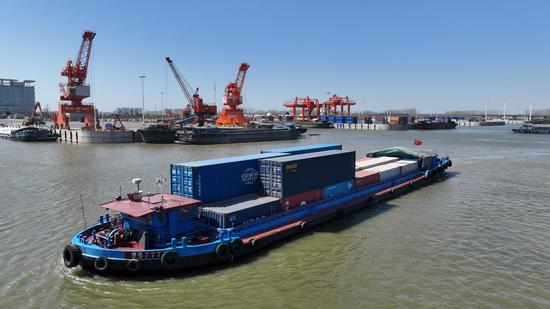
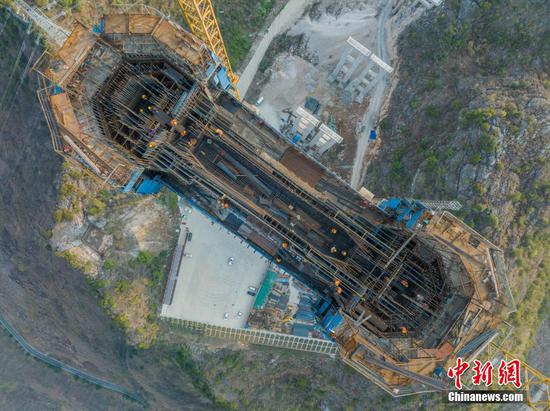






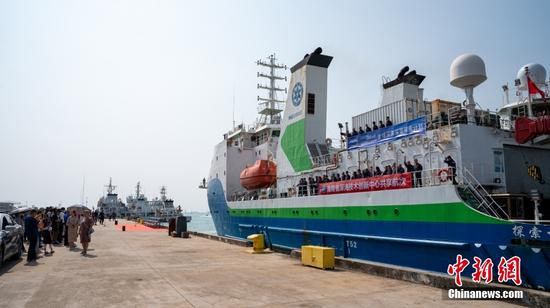
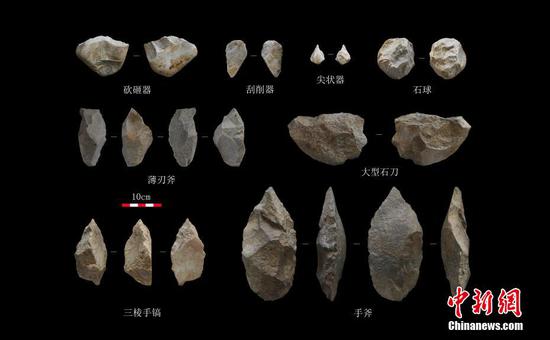
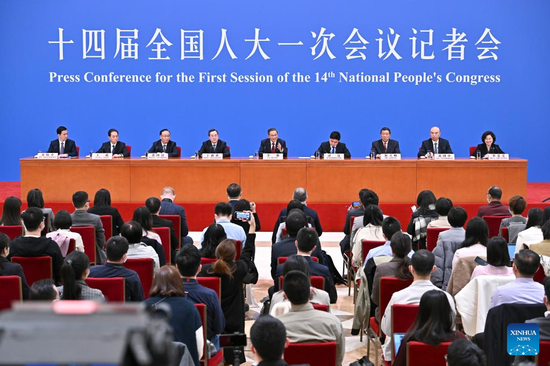

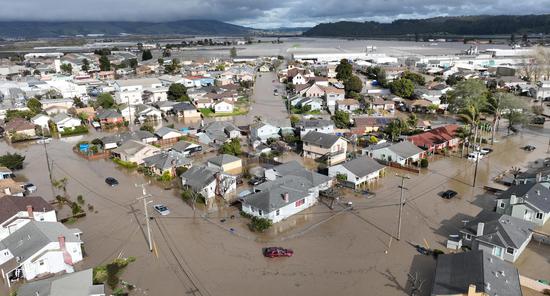







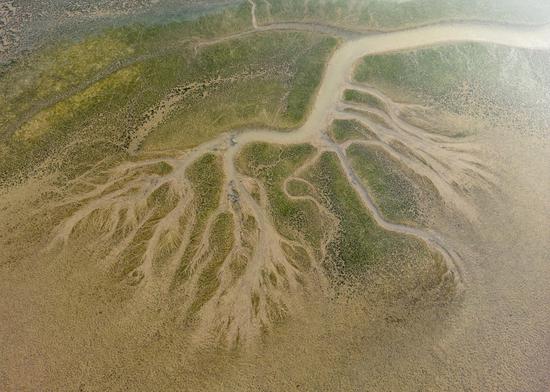


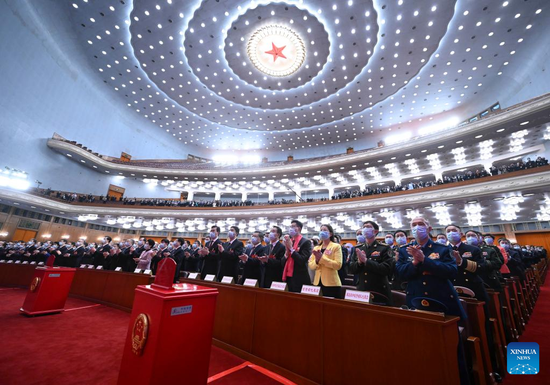
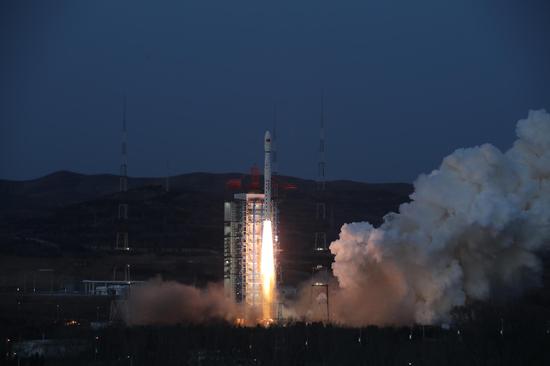
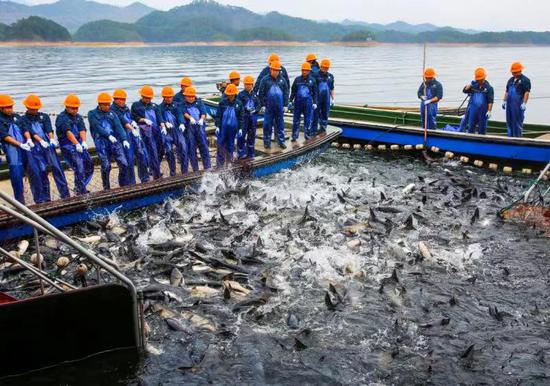
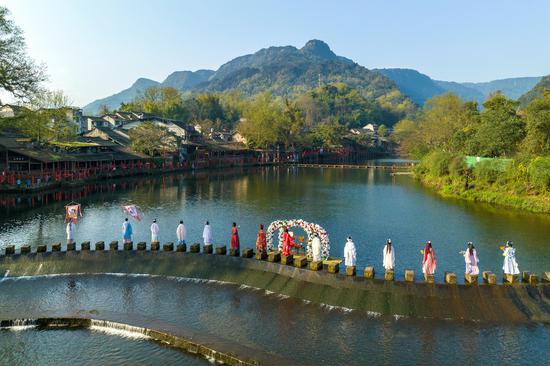
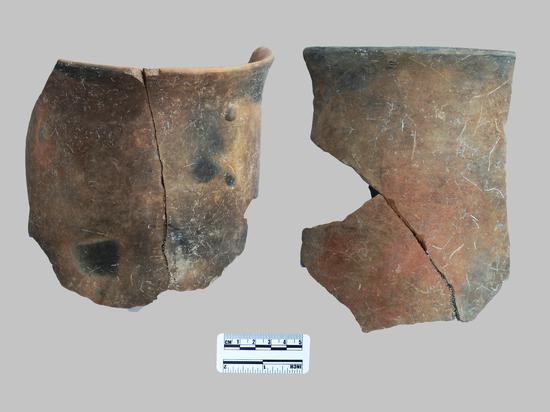

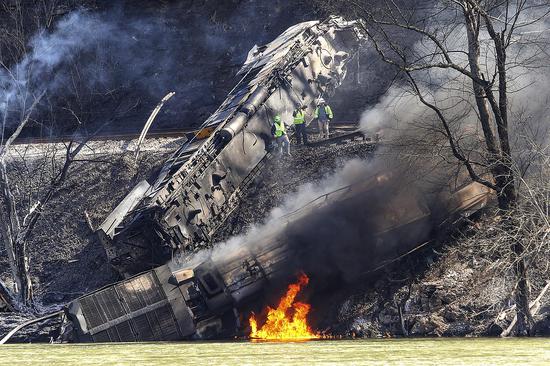

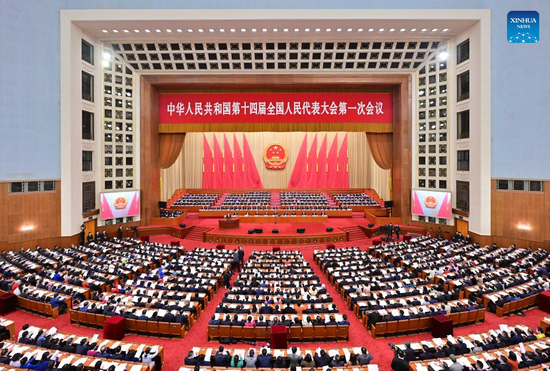
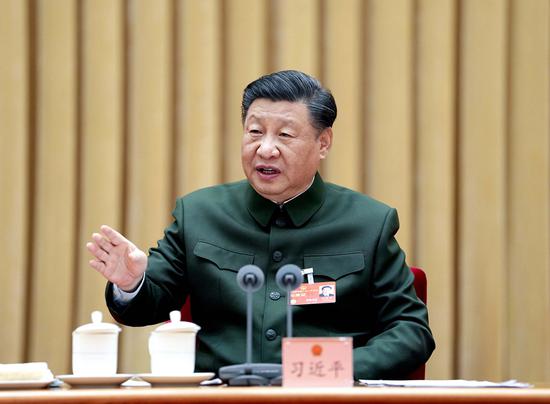
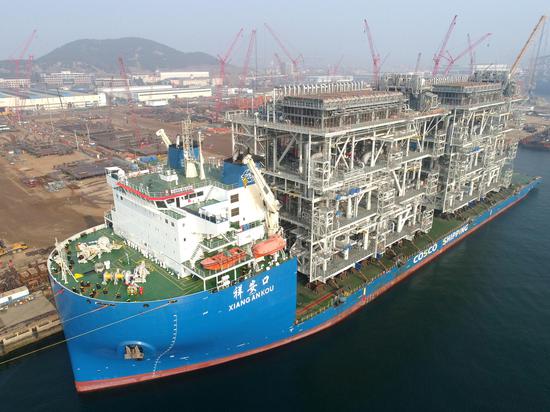







 京公網安備 11010202009201號
京公網安備 11010202009201號